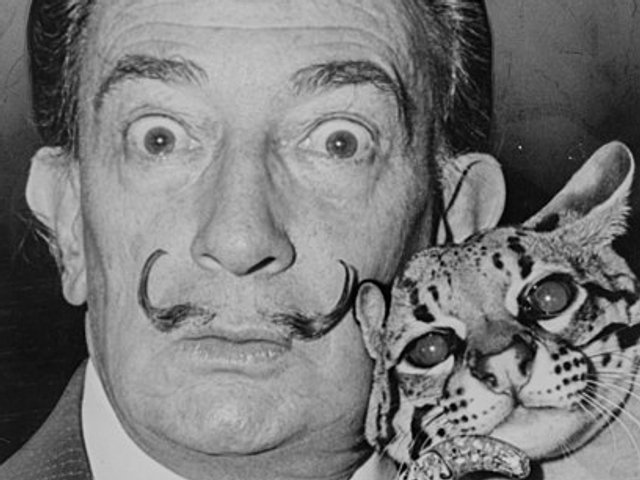The Civil Chamber of Spain’s Supreme Court dismissed an appeal on 21 June from the Gala-Salvador Dalí Foundation in its lawsuit against a Barcelona exhibition producer, finding that the foundation does not have the legal standing to protect the artist’s image, according to Spanish media reports.
The foundation’s lawsuit, originally filed in Barcelona’s provincial court, stemmed from an exhibition at the Royal Artistic Circle of Barcelona of the artist’s sculptural works from the so-called “Clot Collection”, organised by the production company Faber Gotic. It claimed that Faber Gotic and its owner Juan Javier Bofill Pellicer had infringed on the foundation’s trademark, intellectual property and image rights, and had used Dalí’s name and image in advertising and for commercial purposes without authorisation. While the provincial court found that the trademark and intellectual property rights had been infringed, it acquitted Juan Javier Bofill Pellicer and found that the artist’s image rights had not been damaged.
The Supreme Court’s decision backs up the provincial court’s ruling, which found that the foundation never had the legal authority to exercise protection of image rights. It also said that the foundation’s interest in the case was not to preserve the memory of the Surrealist painter, but rather to exploit the financial power of the artist’s image, since the defendants had refused to pay a fee to use Dali’s name and photographs of the artist in its signage.
The court pointed out that in his will, issued in September 1982, Dalí appointed the state of Spain as the sole and free heir of all his property, rights, and artistic creations, in order to preserve, spread, and protect his works of art. A year later, he established the Gala-Salvador Dalí Foundation to protect and defend his artistic, cultural, and intellectual work, his property and rights of any kind, his memory, and the universal recognition of his contribution to the fine arts. Although the state ceded all its rights to the foundation, this did not mean it had the right to protect the artist’s image.
Since the lawsuit was filed well after Dalí’s death in January 1989, aged 84, the court found that “such circumstance implies that his fundamental personality rights—specifically the right to his own image—became extinct with his passing, as death marks the end of the legal personality of natural persons.”



